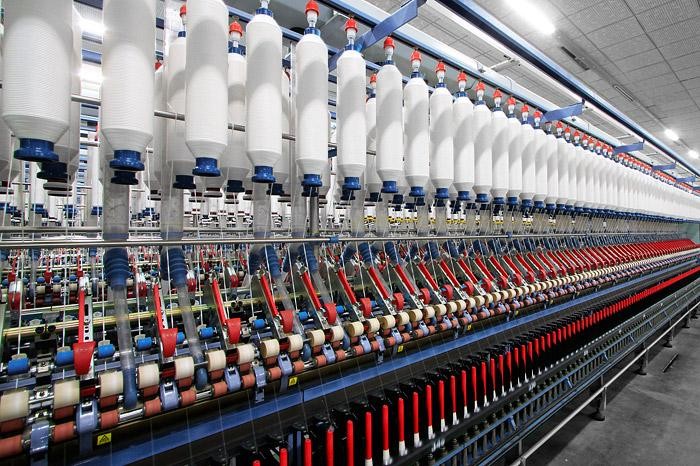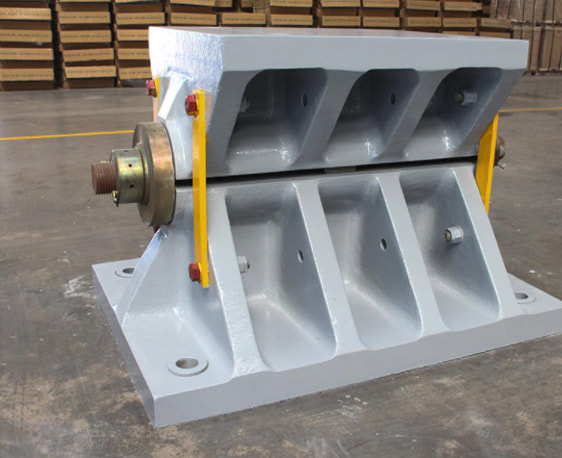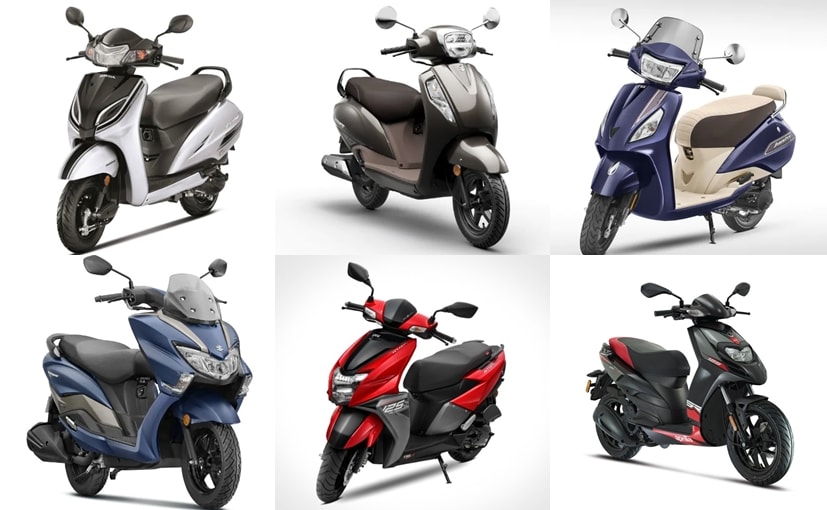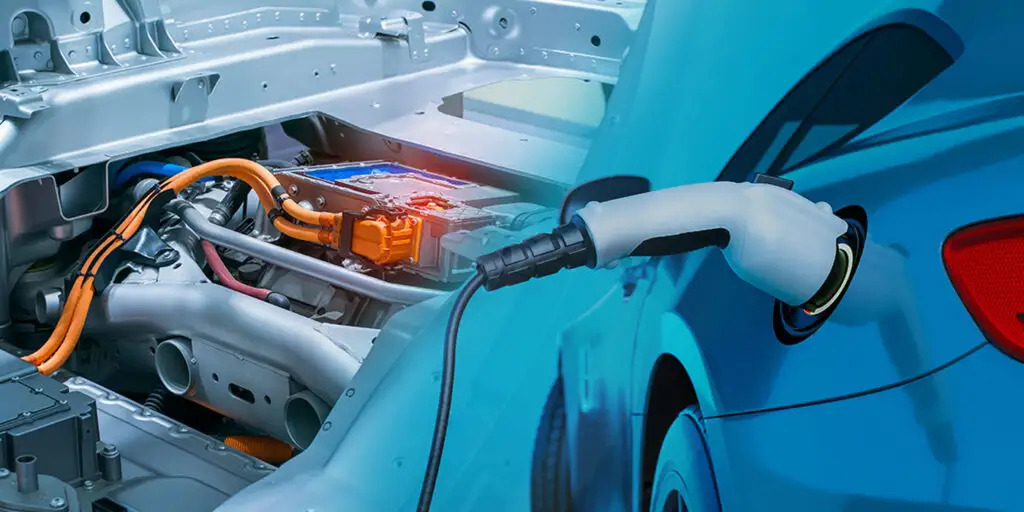South Korea Two Wheeler Market is rising due to the growing need for data-driven insights to optimize human resource management, enhance workforce productivity, and make informed talent-related decisions in the forecast period 2024–2028.
As of 2022, the South Korea two-wheeler market has gained significant traction, with a valuation of USD 4.94 billion, and it is expected to maintain a healthy growth rate in the forecast period, projecting a CAGR of 7.88% through 2028. The market’s growth can be attributed to a range of factors, including urbanization, changing consumer preferences, and the need for sustainable and efficient transportation solutions. South Korea has embraced two-wheelers as a practical and eco-friendly mode of commuting, especially in congested urban areas.
The South Korea two-wheeler market is poised for robust growth in the coming years, driven by various factors that make it a dynamic and promising industry. Two-wheelers, including motorcycles and scooters, have become an integral part of the transportation landscape in South Korea, offering a convenient and cost-effective means of commuting in urban and rural areas alike. This market has witnessed steady expansion, and the outlook remains highly optimistic.
Urbanization has been a key driver behind the growing popularity of two-wheelers in South Korea. As cities expand, traffic congestion and limited parking space have become persistent issues. In response, consumers are turning to two-wheelers as a convenient and maneuverable alternative to traditional four-wheel vehicles. This trend is further fueled by changing lifestyles and a preference for faster and more agile modes of transportation.
Sustainability is at the forefront of contemporary consumer choices, and two-wheelers align perfectly with this ethos. Motorcycles and scooters are known for their fuel efficiency, emitting fewer emissions compared to larger vehicles. This environmentally conscious approach has resonated with South Korean consumers, who are increasingly choosing two-wheelers as a way to reduce their carbon footprint and contribute to a cleaner environment.
The South Korean government has been actively promoting the use of two-wheelers as part of its efforts to reduce traffic congestion and emissions. Various incentives, such as tax benefits and subsidies, are provided to encourage the adoption of eco-friendly transportation options. Furthermore, investments in infrastructure development, including dedicated lanes and parking facilities for two-wheelers, have made it easier for riders to navigate urban areas.
The two-wheeler market in South Korea is witnessing a wave of technological advancements. Electric scooters and motorcycles are gaining traction, offering a quieter and more eco-friendly alternative to traditional combustion engines. Moreover, connectivity features and smart technologies are being integrated into modern two-wheelers, enhancing safety and convenience for riders.
Two-wheelers are known for their cost-effectiveness. They require less maintenance, have lower fuel consumption, and are generally more affordable to purchase compared to four-wheel vehicles. This economic viability makes them an attractive option for a wide range of consumers, from students and young professionals to families seeking a second means of transportation.
While the South Korea two-wheeler market presents immense opportunities, it also faces certain challenges. Safety concerns, including accidents and road safety regulations, are critical areas that require attention. The government and industry stakeholders are working together to enhance safety standards and promote responsible riding.
In addition, the used two-wheeler market is gaining prominence, providing consumers with more affordable options. This trend offers opportunities for dealerships and businesses specializing in the sale of pre-owned two-wheelers.
Within this market, motorcycles and scooters stand out as prominent segments, both experiencing consistent and robust growth. Scooters, in particular, have garnered significant popularity due to their user-friendly design and exceptional fuel efficiency. As a result, they have become the preferred choice for urban commuters seeking efficient and convenient transportation solutions. Another pivotal factor in segmenting this market is the fuel type. It encompasses conventional combustion engine two-wheelers and their electric counterparts. The electric two-wheeler segment is witnessing remarkable growth as consumers increasingly prioritize eco-friendly options, recognizing the environmental benefits and cost-efficiency of electric vehicles. The South Korean two-wheeler market boasts a rich tapestry of domestic and international brands and models. This diverse array caters to a wide spectrum of consumer preferences, offering various styles, features, and performance characteristics.
Two-wheelers reach consumers through a variety of distribution channels. Dealerships, online platforms, and retail outlets collectively provide multiple avenues for purchase, ensuring accessibility and convenience for potential buyers. Government policies and regulations in South Korea wield significant influence over the two-wheeler market. They shape crucial aspects such as safety standards, emissions requirements, and incentives for electric vehicles. The regulatory framework plays an instrumental role in defining industry standards and fostering an environment conducive to sustainable growth.
The South Korea two-wheeler market is riding the waves of urbanization, sustainability, and technological innovation. With a growing population seeking efficient and eco-friendly transportation options, the market is poised for sustained growth. Government initiatives and industry efforts to enhance safety and expand infrastructure further bolster the market’s potential. As consumers continue to prioritize cost-effective and environmentally conscious modes of transportation, the South Korea two-wheeler market is set to flourish, offering a wide range of options to meet the diverse needs of riders across the country. Whether for daily commuting or leisurely rides, two-wheelers are becoming an integral part of South Korea’s transportation landscape, and the future looks promising for this dynamic industry.
Major companies operating in Global South Korea Two Wheeler Market are:
1. IBM
2. SAP
3. Oracle
4. ADP (Automatic Data Processing)
5. Workday
6. SAS Institute
7. Tableau Software (now part of Salesforce)
8. Cornerstone OnDemand
9. Kronos (now part of Ultimate Software)
10. Visier
11. Talentsoft
12. Domo
13. Saba Software (now part of Cornerstone OnDemand)
14. PeopleFluent (a Learning Technologies Group company)
15. TALENTsoft Group
About Us:
Organic Market Research Business Consulting is a fast-growing Market Research organization which is helping organizations to optimize their end-to-end research processes and increase their profit margins.
Organic Market Research facilitates clients with syndicate research reports and customized research reports on 10+ industries with global as well as regional coverage.
Mob : +91 9319642100
Noida One Tower Sec 62 Noida 201301
Sales : sales@organicmarketresearch.com
Website : https://www.organicmarketresearch.com













